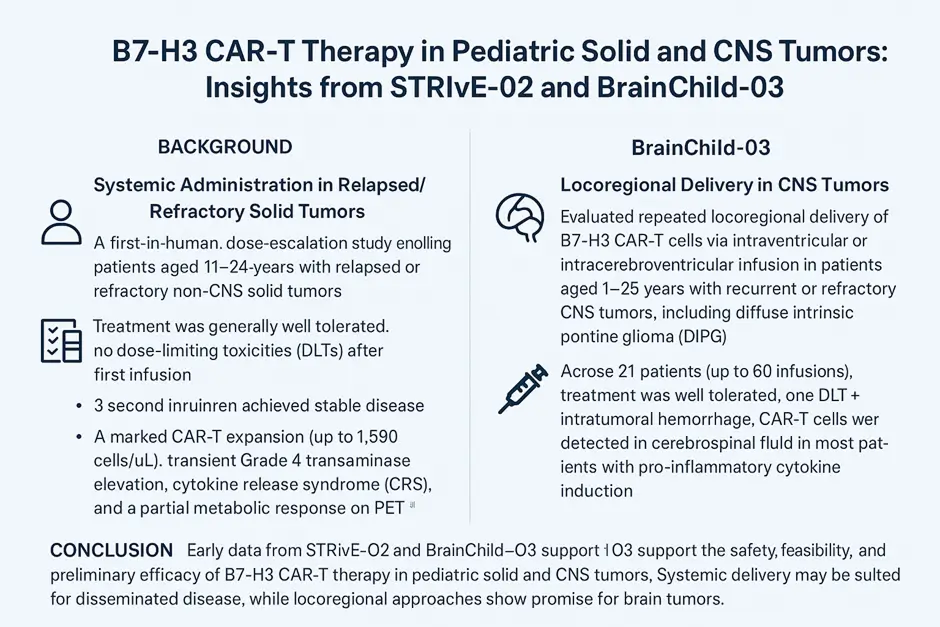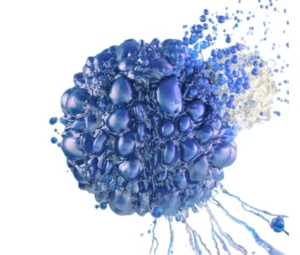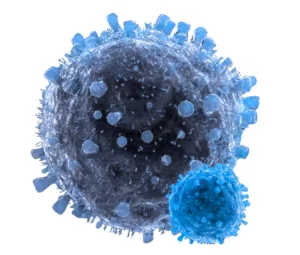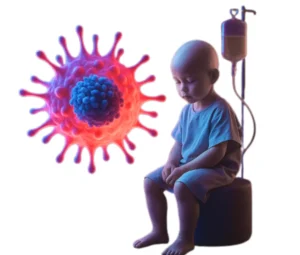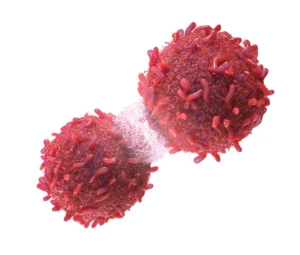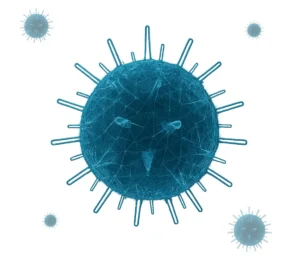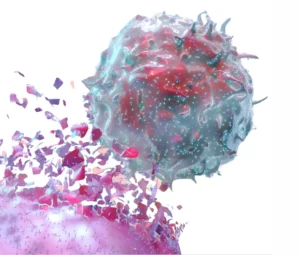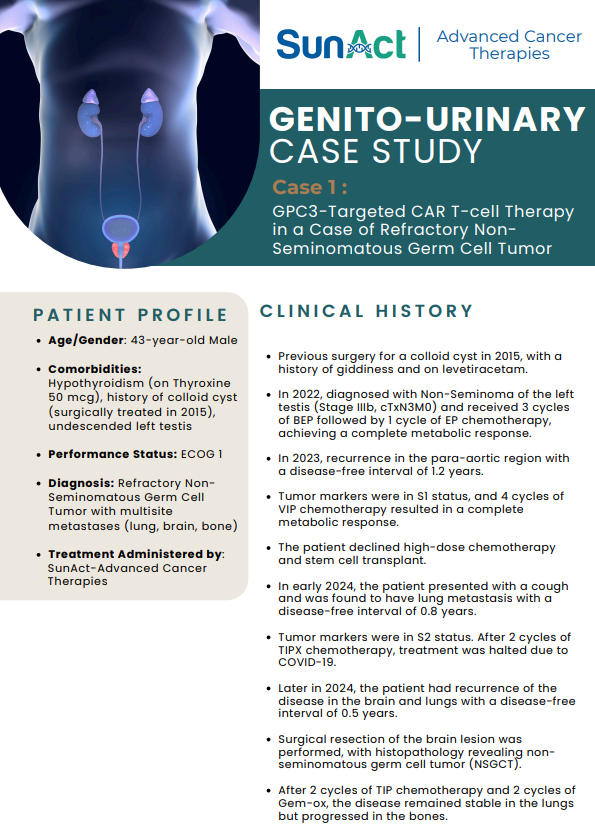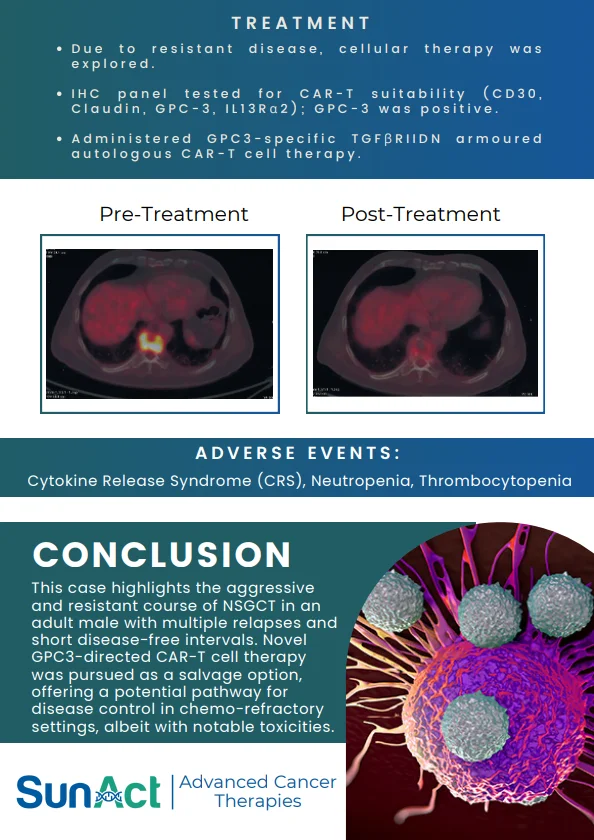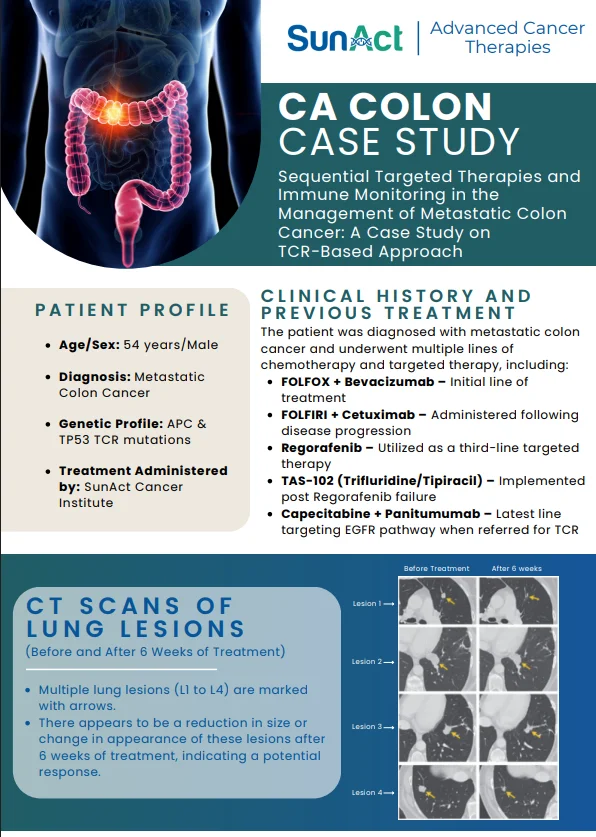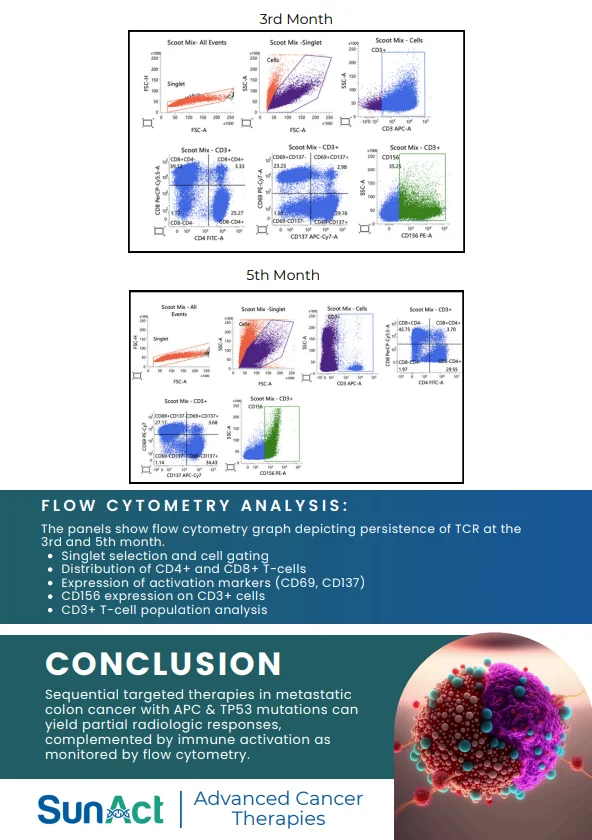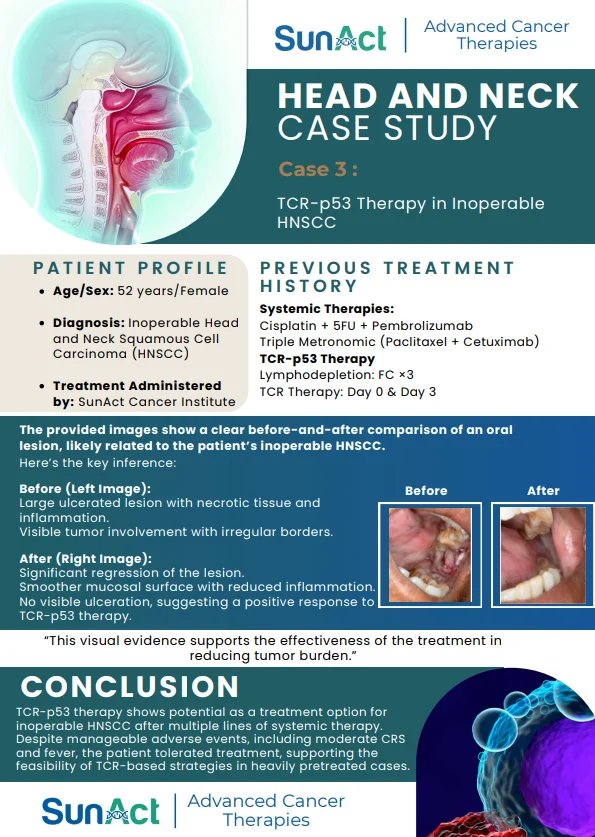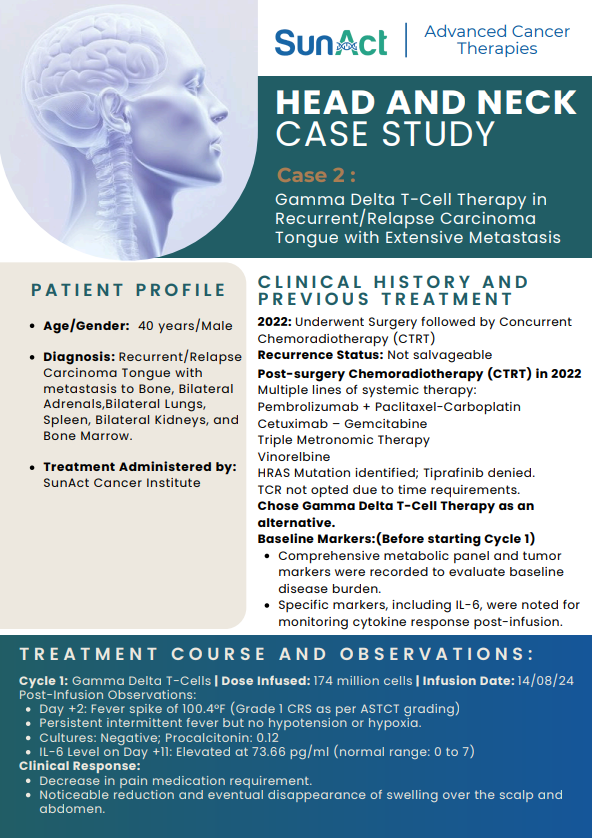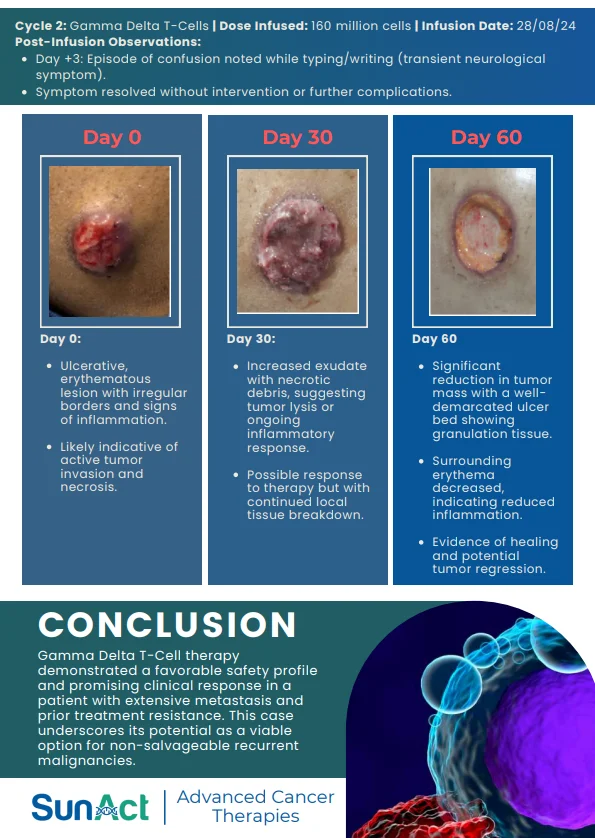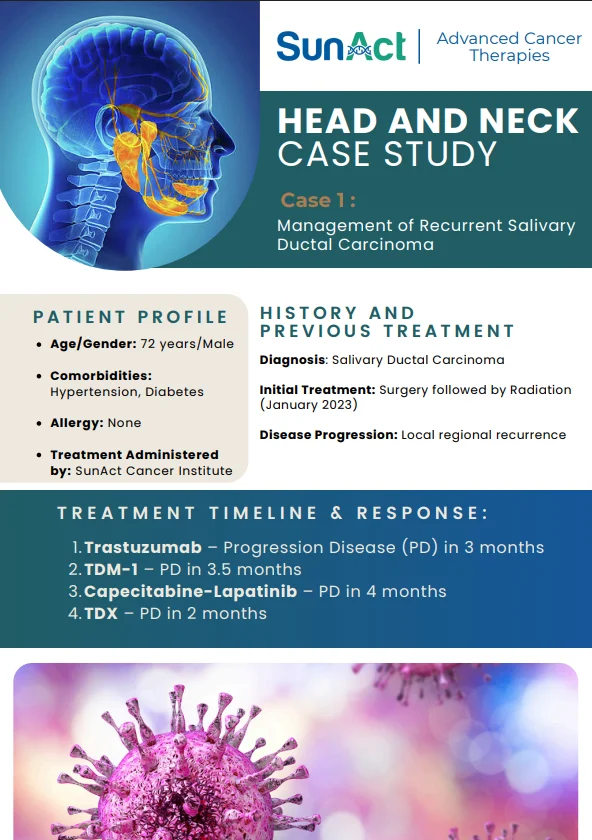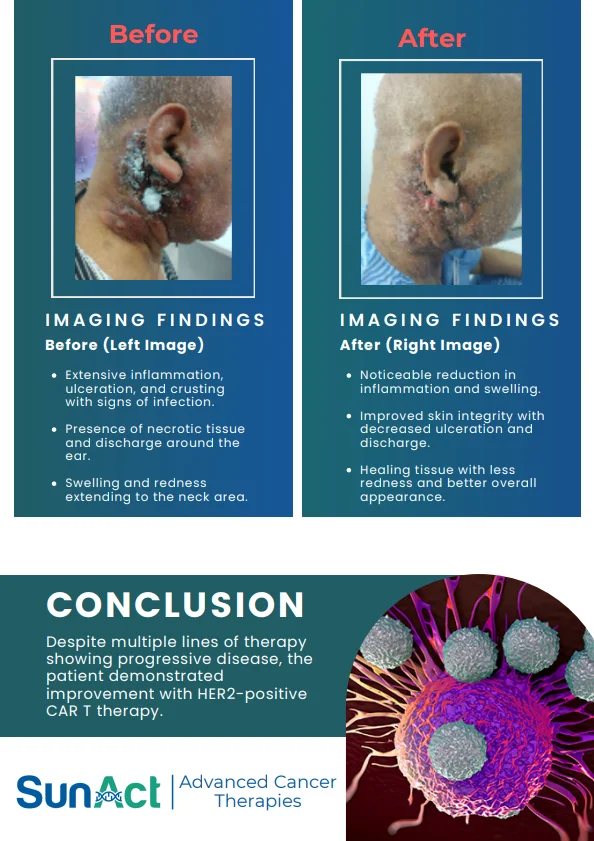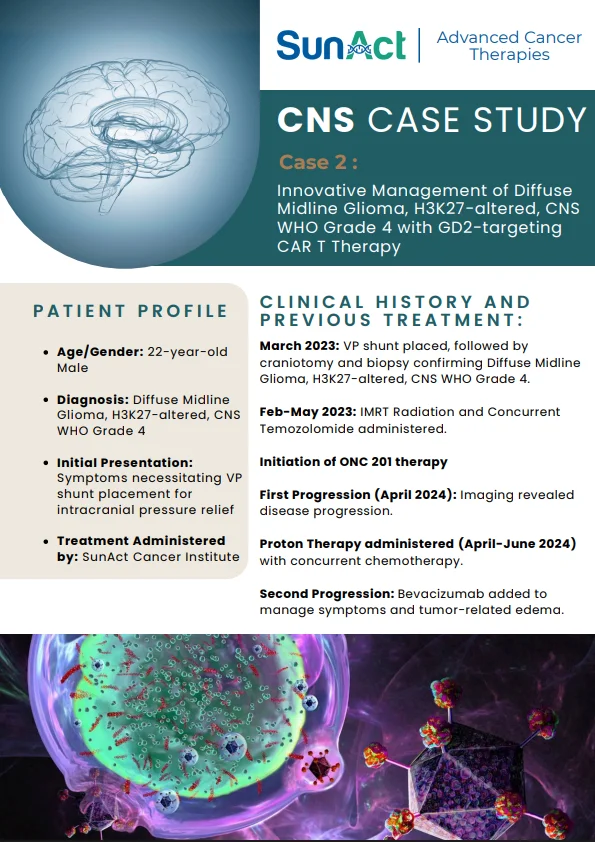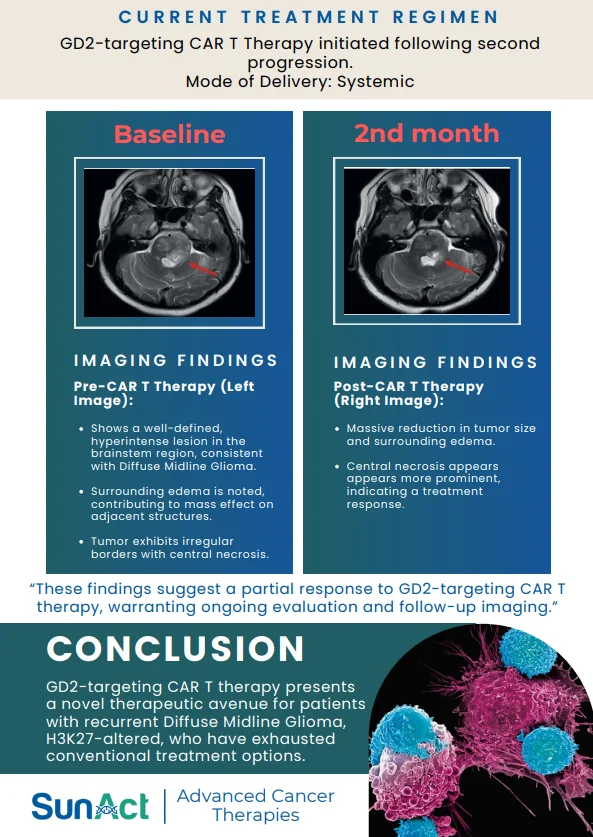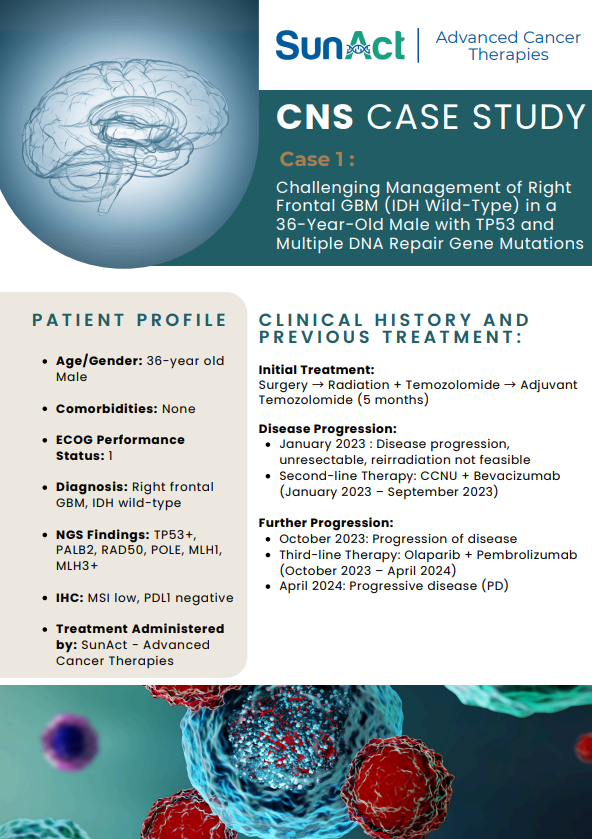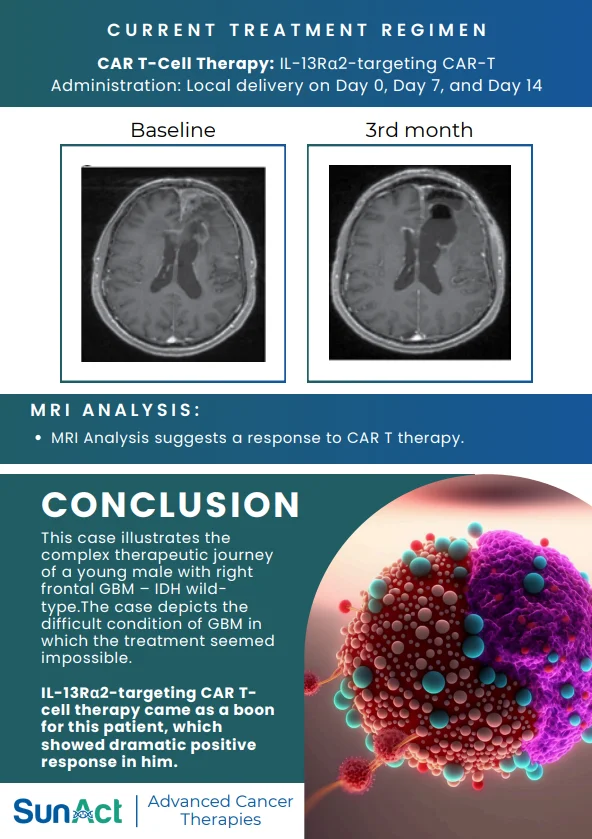1 September 2025
B7-H3 CAR-T Therapy in Pediatric Solid and CNS Tumors: Insights from STRIvE-02 and BrainChild-03
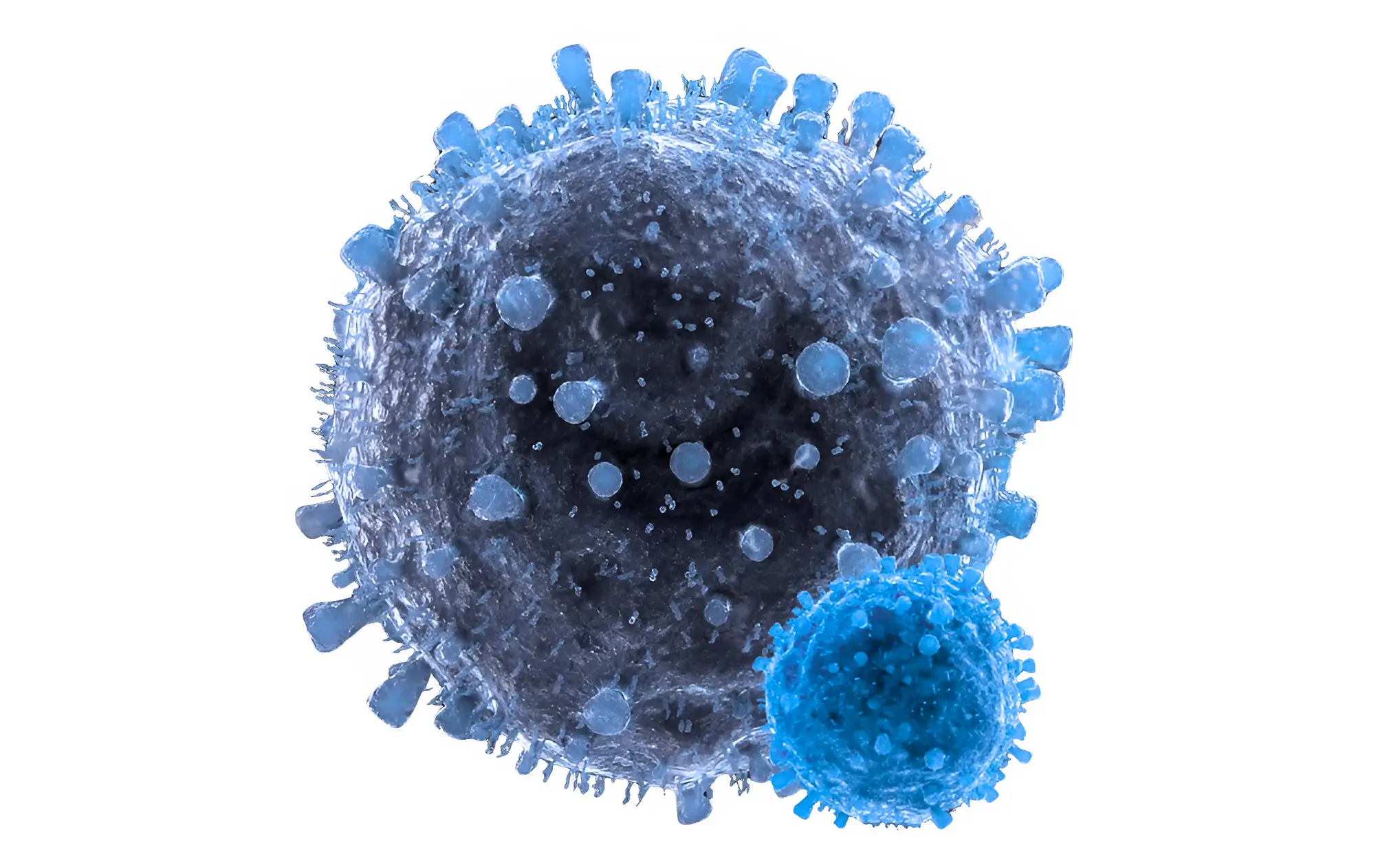
Background
B7-H3 (CD276) is an immune checkpoint molecule broadly overexpressed in pediatric solid tumors and central nervous system (CNS) malignancies, while showing limited expression in normal tissues. This makes it an attractive target for chimeric antigen receptor (CAR) T-cell therapy. Two early-phase clinical trials—STRIvE-02 and BrainChild-03—have recently reported encouraging results in children and young adults.
STRIvE-02: Systemic Administration in Relapsed/Refractory Solid Tumors
STRIvE-02 was a first-in-human, dose-escalation study enrolling patients aged 11–24 years with relapsed or refractory non-CNS solid tumors. Participants received lymphodepleting chemotherapy followed by autologous B7-H3 CAR-T cells. Treatment was generally well tolerated, with no dose-limiting toxicities (DLTs) after the first infusion. Stable disease was achieved in three of nine patients. A second infusion at a higher dose led to marked CAR-T expansion (up to 1,590 cells/μL), transient Grade 4 transaminase elevation, cytokine release syndrome (CRS), and a partial metabolic response on PET imaging. These results demonstrate feasibility, manageable safety, and early signals of efficacy.
BrainChild-03: Locoregional Delivery in CNS Tumors
BrainChild-03 evaluated repeated locoregional delivery of B7-H3 CAR-T cells via intraventricular or intracerebroventricular infusion in patients aged 1–26 years with recurrent or refractory CNS tumors, including diffuse intrinsic pontine glioma (DIPG). No lymphodepletion or concurrent anti-tumor therapy was administered. Across 21 patients (up to 60 infusions), treatment was well tolerated, with one DLT (intratumoral hemorrhage). CAR-T cells were detected in cerebrospinal fluid in most patients, accompanied by pro-inflammatory cytokine induction. Median survival from infusion was 9.7 months for patients treated post-progression and 16.9 months for those treated earlier, with a subset exceeding three years—remarkable in the context of DIPG.
Conclusion
Early data from STRIvE-02 and BrainChild-03 support the safety, feasibility, and preliminary efficacy of B7-H3 CAR-T therapy in pediatric solid and CNS tumors. Systemic delivery may be suited for disseminated disease, while locoregional approaches show promise for brain tumors. These findings provide a foundation for upcoming Phase 2 studies and potential regulatory pathways.
